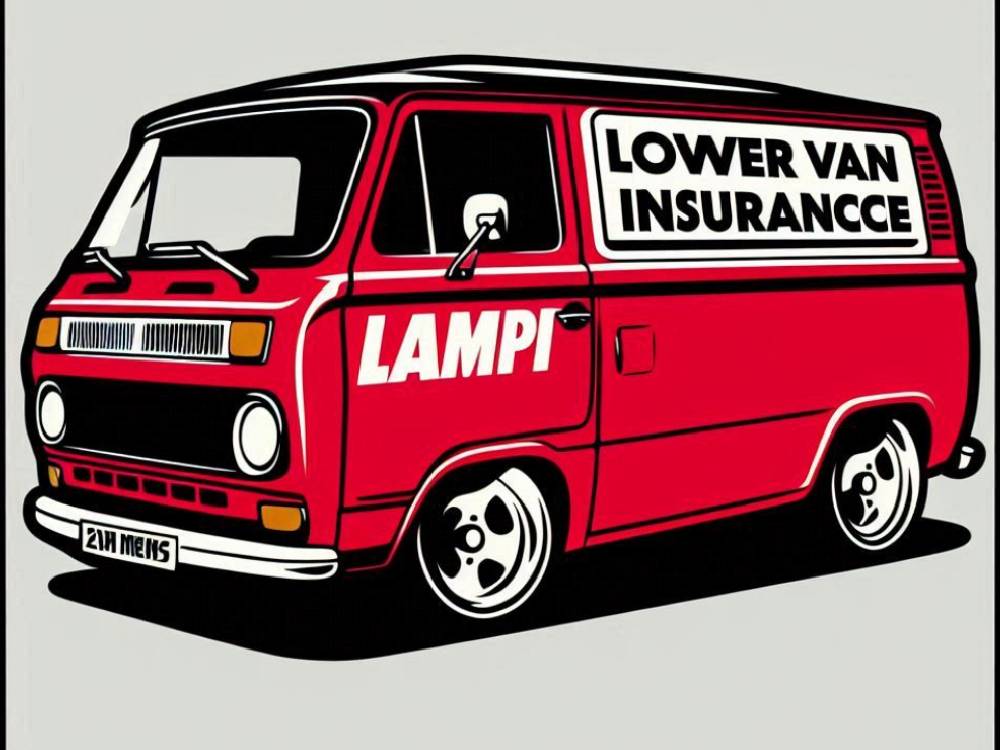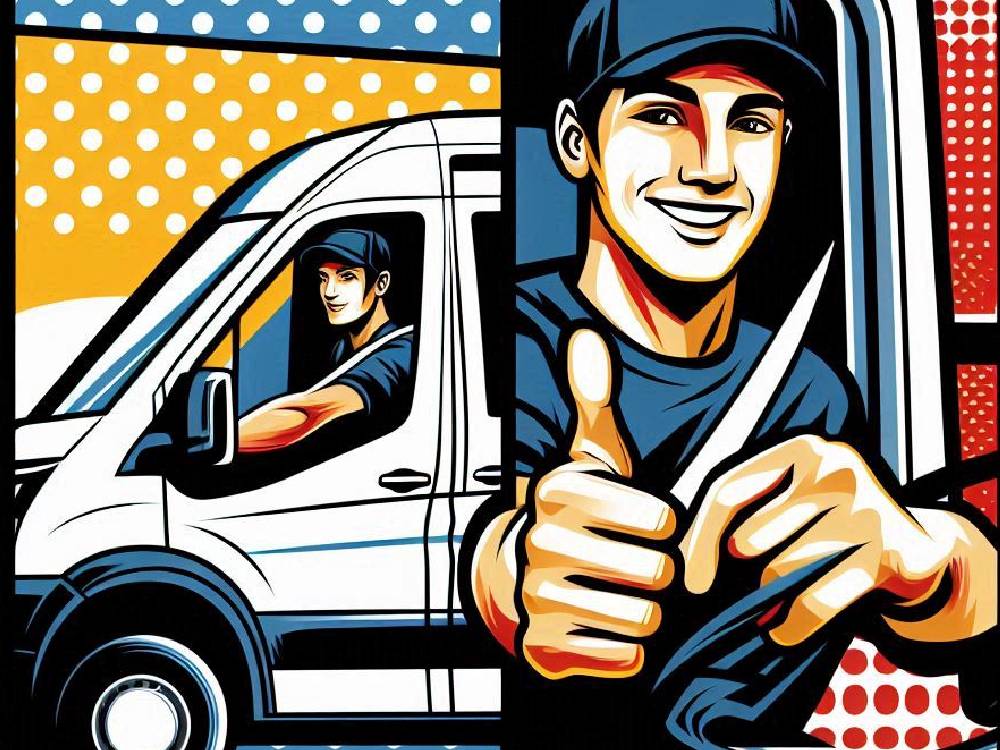Introduction
Van Insurance Premiums Can Be Expensive.
For many van owners, finding ways to lower these costs is essential.
Whether you use your van for business or personal purposes, there are plenty of options.
With a few smart changes, you could save hundreds of pounds each year.
So, how do you start saving?
Let’s dive into the most effective ways to lower your van insurance.
Ways To Reduce The Cost Of Your Van Insurance
Pay More Voluntary Excess
Want to reduce your van insurance quickly?
One of the easiest methods is increasing your voluntary excess.
When you agree to pay more towards a claim, insurers often reward you with lower premiums.
Sounds great, right?
However, there’s a catch.
If you ever need to make a claim, you’ll be required to pay a higher excess amount.
Therefore, it’s crucial to ensure that you can afford this upfront cost in the event of an accident.
Ultimately, it’s all about finding the right balance between savings and risk.
Build Up Your No-Claims Bonus
Another highly effective strategy?
Building up your no-claims bonus.
Every year that you drive without making a claim increases your bonus.
And guess what?
This bonus can drastically reduce your insurance costs over time.
But here’s a tip:
If you already have a no-claims bonus on your car, see if it can be transferred to your van insurance.
This could immediately lower your premiums.
Consider The Extras
Here’s something most people overlook:
The optional extras in your van insurance.
Sure, extras like breakdown cover or legal protection sound useful.
But are they necessary?
That’s the question.
There’s a good chance that you’re paying for services you don’t truly need.
By thoroughly reviewing your policy and removing any unnecessary add-ons, you’ll be able to lower your premiums almost immediately.
Additionally, always make sure to check the small print to ensure you’re making informed decisions.
Empty Your Van At Night
Do you leave valuable items in your van overnight?
If so, you could be increasing your insurance costs.
When your van is full of expensive tools or equipment, it becomes a bigger target for thieves.
So, what’s the solution?
By declaring that your van is empty when parked, you can lower your premiums.
It’s a simple habit, but it can make a big difference.
Secure Your Van
Security matters.
Making your van harder to steal will lower your insurance costs.
How?
Fit your van with security devices like an immobiliser, alarm, or tracker.
Insurance companies love to see secure vehicles.
In fact, the more secure your van is, the lower your premiums will be.
And here’s another tip:
Always park in a secure location, like a locked garage or driveway.
This extra step will further reduce the risk, leading to even cheaper insurance.
Pay Your Van Insurance Annually
Looking for an easy way to save on your van insurance?
Pay annually instead of monthly.
Most insurance companies tend to favour lump-sum payments.
In exchange for this, they often provide discounts.
As a result, paying annually could save you a significant amount over the course of the year.
Additionally, if you ever need to cancel your insurance midway through the year, you can typically receive a partial refund.
However, it’s important to be mindful of any potential cancellation fees.
In the long run, this method can really cut down your costs.
Choose A Smaller Van To Reduce Your Van Insurance
Size matters when it comes to van insurance.
The bigger the van, the higher the premium.
Why?
Larger vans tend to cost more to repair and pose a greater risk to insurers.
So, what can you do?
Choose a smaller van.
Vans with smaller engines and shorter wheelbases generally have lower premiums.
By selecting the smallest van that meets your needs, you can reduce your insurance costs immediately.
Compare Van Insurance Regularly
Here’s one of the easiest ways to keep your costs low:
Compare van insurance regularly.
Too many people let their policies automatically renew.
That’s a mistake.
Insurers often raise premiums for automatic renewals.
But by shopping around, you can find better deals.
Use comparison websites to check prices before your renewal date.
This small effort could lead to huge savings.
Check Your Named Drivers
Adding additional drivers to your van insurance can increase premiums.
Especially if those drivers are young or inexperienced.
If your policy includes a driver under 25, expect higher costs.
But what’s the solution?
Re-evaluate your named drivers.
Removing high-risk drivers from your policy can dramatically lower your premiums.
Keep this in mind when adding anyone to your policy.
Join A Trade Body
Did you know that some insurers offer discounts to members of trade bodies?
That’s right.
If you belong to a professional organisation like the NICEIC, you might be eligible for a discount.
Always ask your insurer about potential discounts.
Memberships to relevant trade bodies can quickly lower your premiums without much effort.
It’s worth checking.
Conclusion
Lowering your van insurance is absolutely possible with just a few simple adjustments.
Wondering how?
By making changes like paying annually or adding security features to your van, you can significantly cut your premiums.
In fact, these strategies could save you hundreds of pounds each year.
Why pay more than you have to?
Don’t settle for high premiums when there are ways to reduce them.
Start applying these tips today, and watch the savings roll in.
For more insights, check out these helpful articles:






